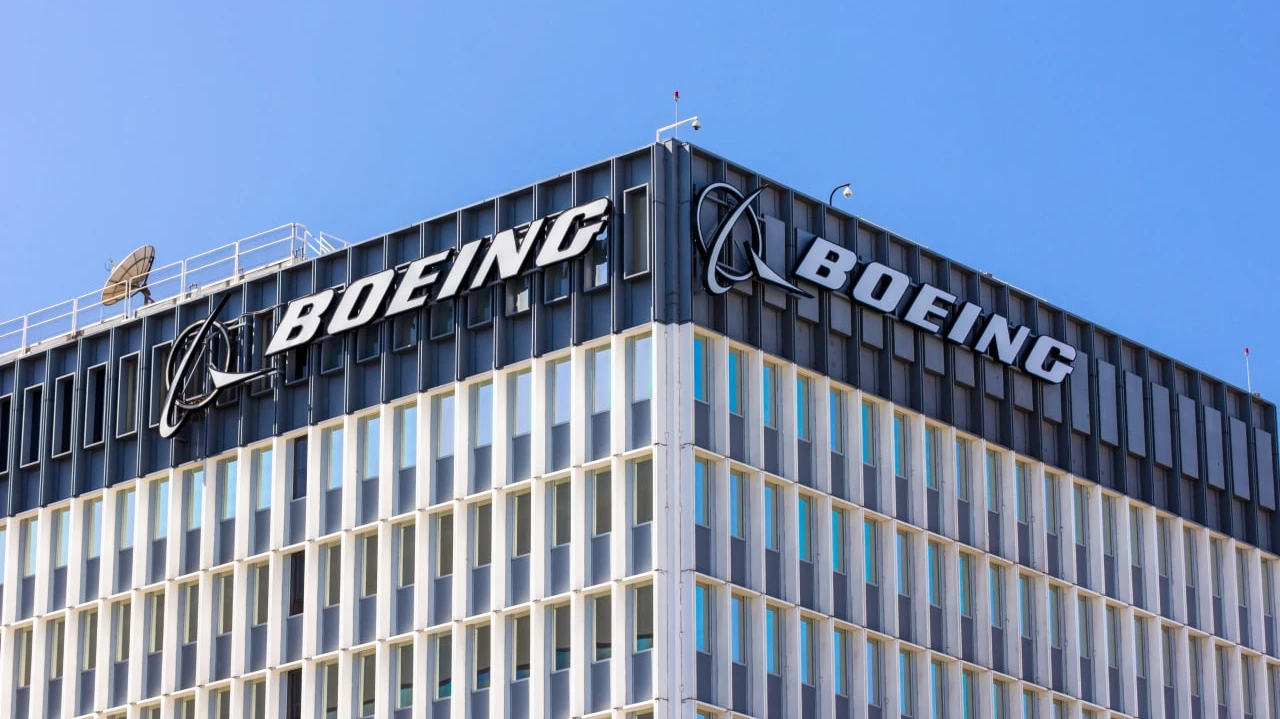New Boeing workers' strike fails to spook investors - shares down 0.5%
The scale of the strike is significantly smaller than last year's action in Seattle, and Boeing has prepared for it in advance by employing a contingency plan

Boeing shares were down 0.5% after workers at the St. Louis-based defense unit began their first strike in nearly 30 years. The union rejected the company's offer of higher wages and better working conditions. However, the scale of the protest was markedly more modest than last year's workers' strike in Seattle, and Boeing said it was fully prepared for the situation.
Details
Boeing shares were down just 0.5% at the Aug. 4 premarket after the workers' strike in St. Louis began. That suggests the impact of the strike on the stock is likely to be minimal, notes Barron's. Boeing securities are up 25% since the beginning of the year.
What's going on at the Boeing plant
On the night of August 4, about 3,200 Boeing workers in St. Louis stopped work, wrote Bloomberg. Last week, on July 27, members of the IAM (International Association of Machinists and Aerospace Workers, one of the largest industrial unions in North America) rejected Boeing's proposed draft of a new collective bargaining agreement that calls for a 20% wage increase over four years, a one-time $5,000 signing bonus, and more vacation and sick days.
After the vote failed, Boeing prepared a new proposal - to raise the average salary of IAM members by nearly 37% to $102,600, renegotiate the terms of the 401(k) retirement program and adjust work schedules. Boeing warned that if workers rejected the proposal, the company would withdraw the $5,000 signing bonus and not offer it again. Nevertheless, in an Aug. 3 vote, the union voted to begin the strike.
What the strike means for Boeing
Boeing's St. Louis plant assembles fighter jets, including the F-15, and makes components for Boeing's 777X commercial airplanes. The last time the union held a strike at the facility was in 1996, when it lasted 99 days.
The current action will increase financial pressure on Boeing's defense and space division, which generates nearly a third of the company's revenue, Bloomberg writes. At the same time, Boeing's defense business is much smaller than its civilian aircraft manufacturing division, which was hit hard by worker protests in Seattle late last year. The strike, which lasted nearly two months, halted production of commercial airplanes and forced Boeing to conduct one of its largest stock offerings, selling nearly $24 billion worth of paper, the agency notes.
Boeing's defense division showed a profit for the second consecutive quarter, avoiding the losses that have long plagued that business segment, the company reported in July. Boeing was also able to improve the efficiency of fixed-price development projects, which were the ones that previously generated the biggest cost overruns and losses, the agency wrote. In March, Boeing won a contract for the development and production of the US next-generation F-47 stealth fighter jet, beating Lockheed Martin.
How is Boeing reacting
The company said it is prepared for the St. Louis strike and has activated a "contingency plan to keep non-striking employees working and continue to support customers."
Boeing CEO Kelly Ortberg tried to minimize the significance of the strike during a July 29 conference call. "The scale of what's happening now is much, much smaller compared to what we saw last fall. I wouldn't worry too much about the impact of this strike. We'll get through it," he stated.
This article was AI-translated and verified by a human editor
